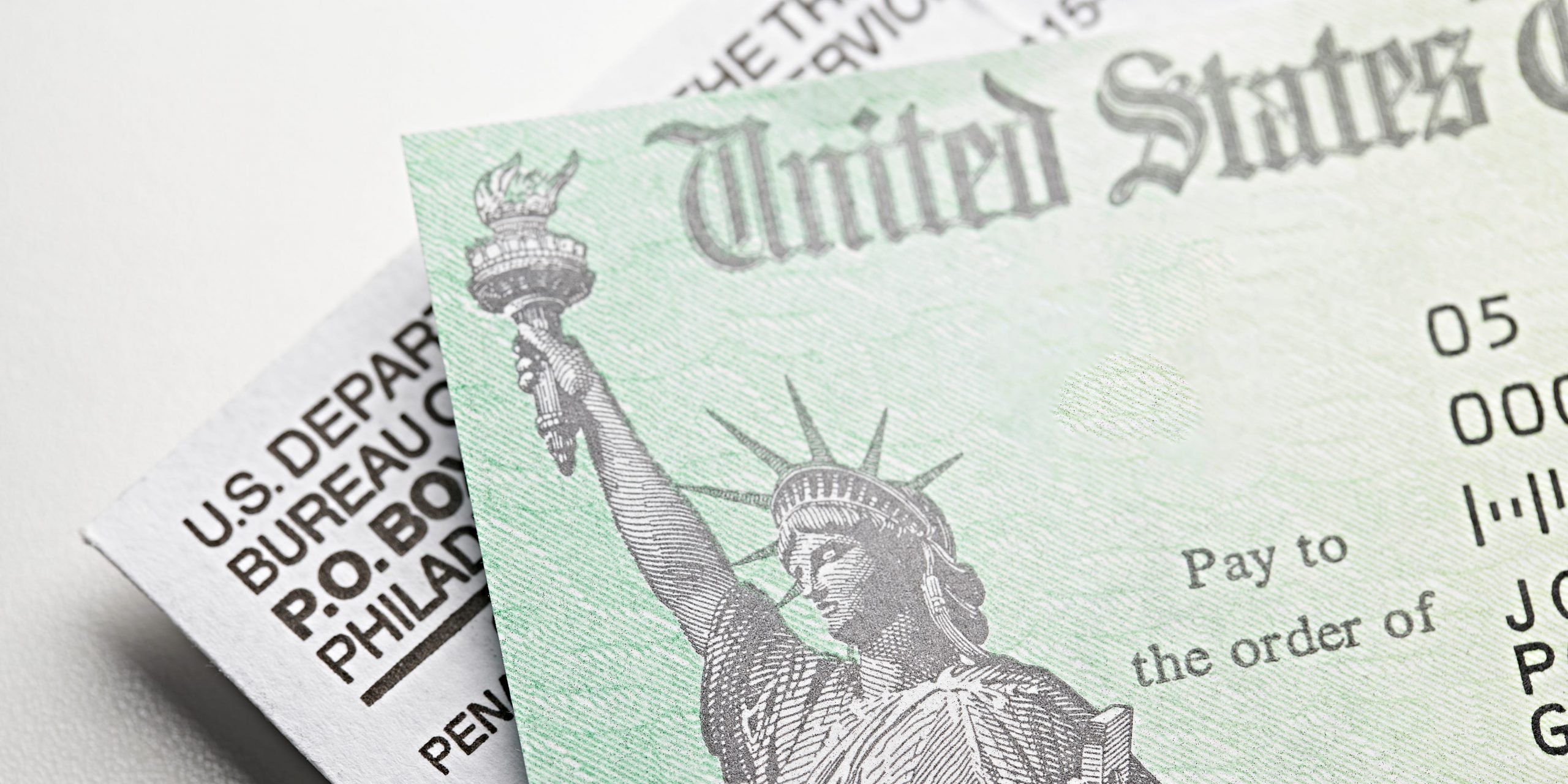
- The Paycheck Protection Program distributed over 4,000 duplicate loans in 2020, the OIG found.
- Between April and August 2020, 8,731 PPP loans were duplicates, totaling about $692 million.
- Of the 4,260 duplicate borrowers, 2,689 had the same tax ID and 1,571 had the same name and address.
- See more stories on Insider's business page.
The Paycheck Protection Program was established under the CARES Act to provide aid to small businesses suffering during the pandemic. But it provided too much aid, it turns out.
But the Office of the Inspector General (OIG) found that the Small Business Administration's program has a major flaw: duplicate loans.
A report released on Monday by the Office of the Inspector General (OIG), a government watchdog, found that of the PPP loans approved between April 3 and August 19, 2020, lenders made more than one loan disbursement to 4,260 borrowers, including 2,689 borrowers with the same tax identification number and 1,571 borrowers with the same name and business address. Those potential duplicate disbursements totaled about $692 million and involved 8,731 PPP loans.
The SBA responded to the findings in the report by saying it will resolve duplications by recovering improper payments and and preventing loan forgiveness on the duplicate loans. That means small businesses will have to give back the duplicate loans, if they can.
According to the report, the SBA identified issues in 2020 that had caused duplicate loan applications to be processed. The SBA had turned off controls for its electronic loan application system, leading to duplication, even though the office had said it would rely on loan reviews to eliminate the issue. The report looked at the PPP's first round in August 2020.
"Establishing strong controls to prevent improper or duplicate disbursements from occurring during initial loan processing is more effective than attempting to identify and resolve improper disbursements in the loan review phase," the report said. "SBA's efforts should focus on safeguarding funds up front, as it is more prudent and effective to prevent a loan from occurring than attempting to recover funds after the loan has been disbursed."
The OIG recommended that the SBA:
- Review potential duplicate loans and take action to recover any improper payments;
- Review controls related to all PPP loans to ensure duplicate loans are not forgiven;
- Strengthen the SBA's loan servicing portal controls for future PPP-type programs;
- And strengthen controls and guidance for lenders to ensure lenders meet program requirements.
The House Select Subcommittee on the Coronavirus Crisis had requested that the OIG conduct the report to review the vulnerabilities in the SBA's loan processing system.
Along with the duplicate loans, the PPP faced issues shortly after it was implemented in March, famously including fast-food chain Shake Shack receiving a $10 million loan it ultimately gave back, despite the loans being intended for businesses with 500 employees or fewer.
However, lawmakers have advocated for the PPP and its importance in helping small businesses recover financially from the pandemic. In the $1.9 stimulus plan President Joe Biden signed on Thursday, $50 billion was set aside for small businesses, with $7.25 billion to be used specifically for the PPP.
And the House Small Business Committee on Thursday introduced legislation to extend the PPP through May 31, ahead of its current expiration date on March 31.
"The demand for PPP loans right now is a testament to the program's effectiveness and the lingering impacts of this pandemic," Small Business Committee Chair Nydia Velázquez said in a statement. "That's why we cannot cut off aid now and this short-term extension is so important."
Dit artikel is oorspronkelijk verschenen op z24.nl